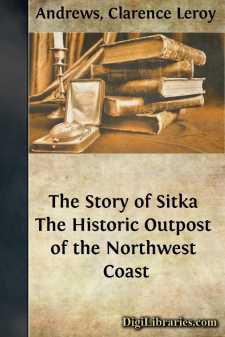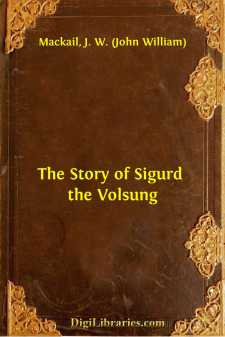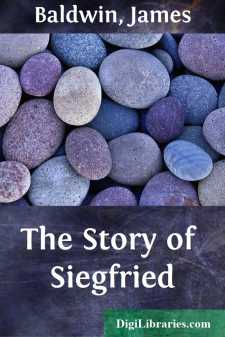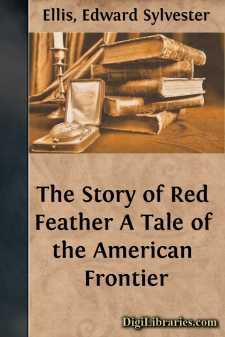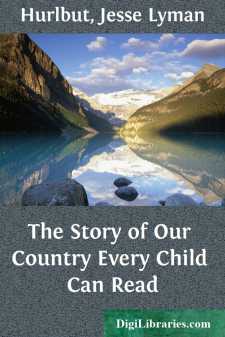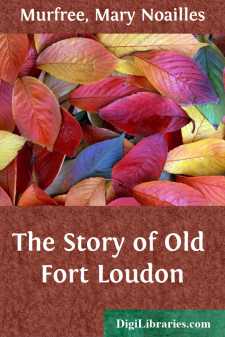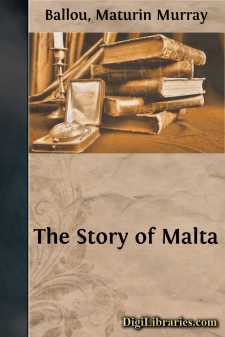Fiction
- Action & Adventure 180
- Biographical 15
- Christian 59
- Classics 6965
- Coming of Age 5
- Contemporary Women 3
- Erotica 8
- Espionage/Intrigue 12
- Fairy Tales, Folklore & Mythology 236
- Family Life 169
- Fantasy 117
- Gay 1
- General 596
- Ghost 32
- Historical 808
- Horror 43
- Humorous 160
- Jewish 25
- Legal 4
- Medical 22
- Mystery & Detective 315
- Political 49
- Psychological 41
- Religious 64
- Romance 159
- Sagas 11
- Science Fiction 730
- Sea Stories 113
- Short Stories (single author) 537
- Sports 10
- Suspense 1
- Technological 8
- Thrillers 2
- Urban Life 31
- Visionary & Metaphysical 1
- War & Military 173
- Westerns 199
Fiction Books
Sort by:
SITKAForeword The panorama of sea, island, and mountain, which holds Sitka, Alaska, as a jewel in its setting, is one of the most beautiful of those which surround the cities of the world. Toward the sea from the peninsula on which Sitka is situated stretches an expanse of waters, studded with forest-clad islands which break the swell of the Pacific that foams and tumbles on the outer barriers. To the...
more...
by:
William Morris
BOOK I. SIGMUND. in this book is told of the earlier days of the volsungs, and of sigmund the father of sigurd, and of his deeds, and of how he died while sigurd was yet unborn in his mother's womb. Of the dwelling of King Volsung, and the wedding of Signy his daughter.There was a dwelling of Kings ere the world was waxen old;Dukes were the door-wards there, and the roofs were thatched with...
more...
BIOGRAPHICAL INTRODUCTION By J. W. Mackail William Morris, one of the most eminent imaginative writers of the Victorian age, differs from most other poets and men of letters in two ways—first, he did great work in many other things as well as in literature; secondly, he had beliefs of his own about the meaning and conduct of life, about all that men think and do and make, very different from those of...
more...
by:
James Baldwin
The Fore Word. When the world was in its childhood, men looked upon the works of Nature with a strange kind of awe. They fancied that every thing upon the earth, in the air, or in the water, had a life like their own, and that every sight which they saw, and every sound which they heard, was caused by some intelligent being. All men were poets, so far as their ideas and their modes of expression were...
more...
CHAPTER ONE IT is within my memory that Melville Clarendon, a lad of sixteen years, was riding through Southern Minnesota, in company with his sister Dorothy, a sweet little miss not quite half his own age. They were mounted on Saladin, a high-spirited, fleet, and good-tempered pony of coal-black color. Melville, who claimed the steed as his own special property, had given him his Arabian name because...
more...
THE EARLY CHRISTIAN CHANTS The first Christians sang hymns. The Saviour went to His passion with a song on His lips. Matthew and Mark agree that the last act of worship in the Upper Room was the singing of a hymn. “And when they had sung a hymn, they went out unto the Mount of Olives.” How we wish that the words of that hymn might have been preserved! Perhaps they have. Many Biblical scholars...
more...
IF any of the readers of this book should have the chance to take a railroad ride over the vast region of the United States, from the Atlantic to the Pacific Ocean, from the Great Lakes to the Gulf of Mexico, they would see a wonderful display of cities and towns, of factories and farms, and a great multitude of men and women actively at work. They would behold, spread out on every side, one of the...
more...
CHAPTER I Along the buffalo paths, from one salt-lick to another, a group of pioneers took a vagrant way through the dense cane-brakes. Never a wheel had then entered the deep forests of this western wilderness; the frontiersman and the packhorse were comrades. Dark, gloomy, with long, level summit-lines, a grim outlier of the mountain range, since known as the Cumberland, stretched from northeast to...
more...
by:
Ellen Terry
I A CHILD OF THE STAGE 1848-1856 This is the first thing I remember. In the corner of a lean-to whitewashed attic stood a fine, plain, solid oak bureau. By climbing up on to this bureau I could see from the window the glories of the sunset. My attic was on a hill in a large and busy town, and the smoke of a thousand chimneys hung like a gray veil between me and the fires in the sky. When the sun had...
more...
The island of Malta has been known by several significant appellations during the centuries in which it has claimed a place upon the pages of history. In our day it is often called the Queen of the Mediterranean, not only because of its commanding position, dominating, as it were, the coasts of Europe, Asia, and Africa, but also as possessing a degree of historical and present picturesqueness...
more...


